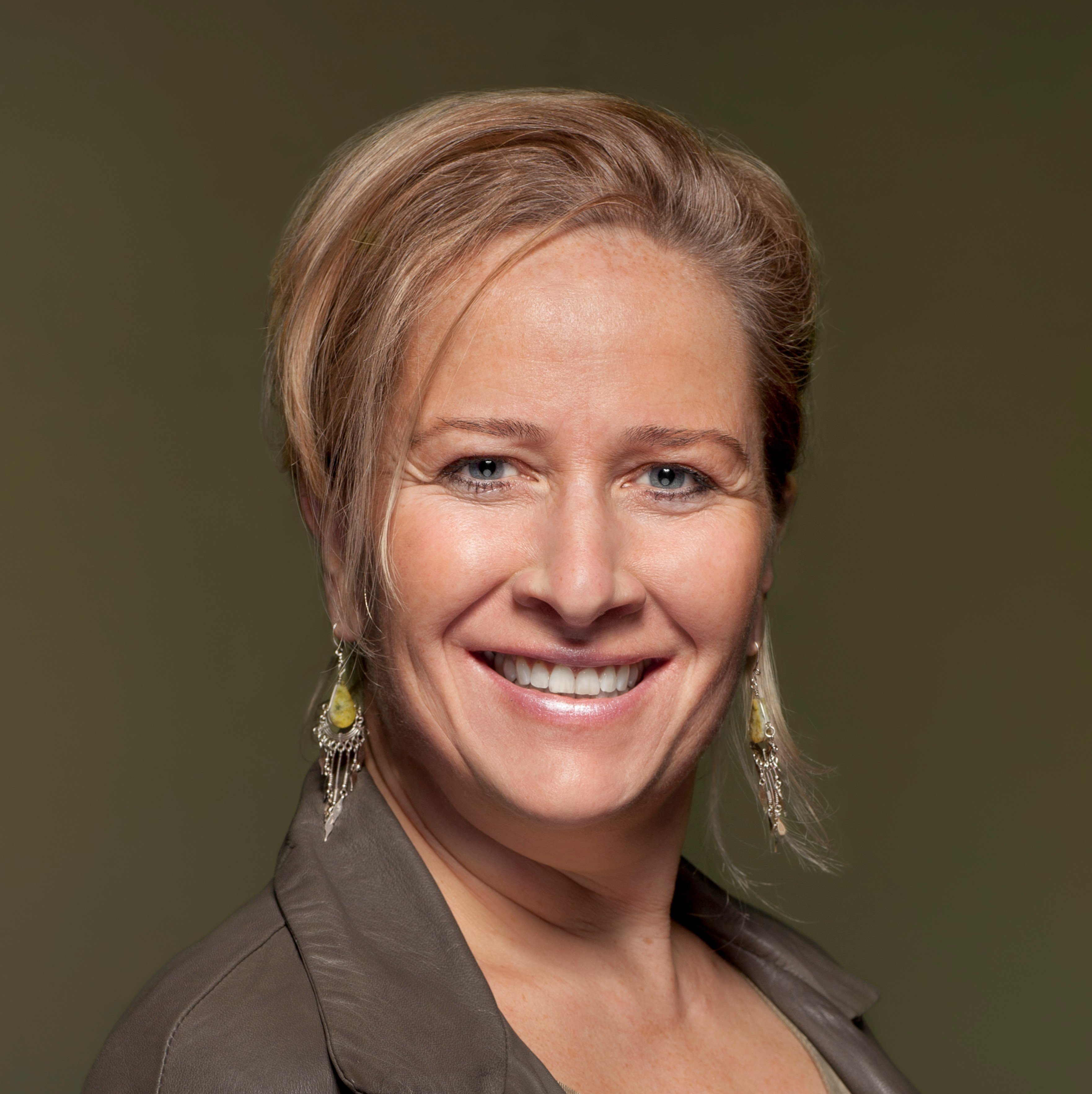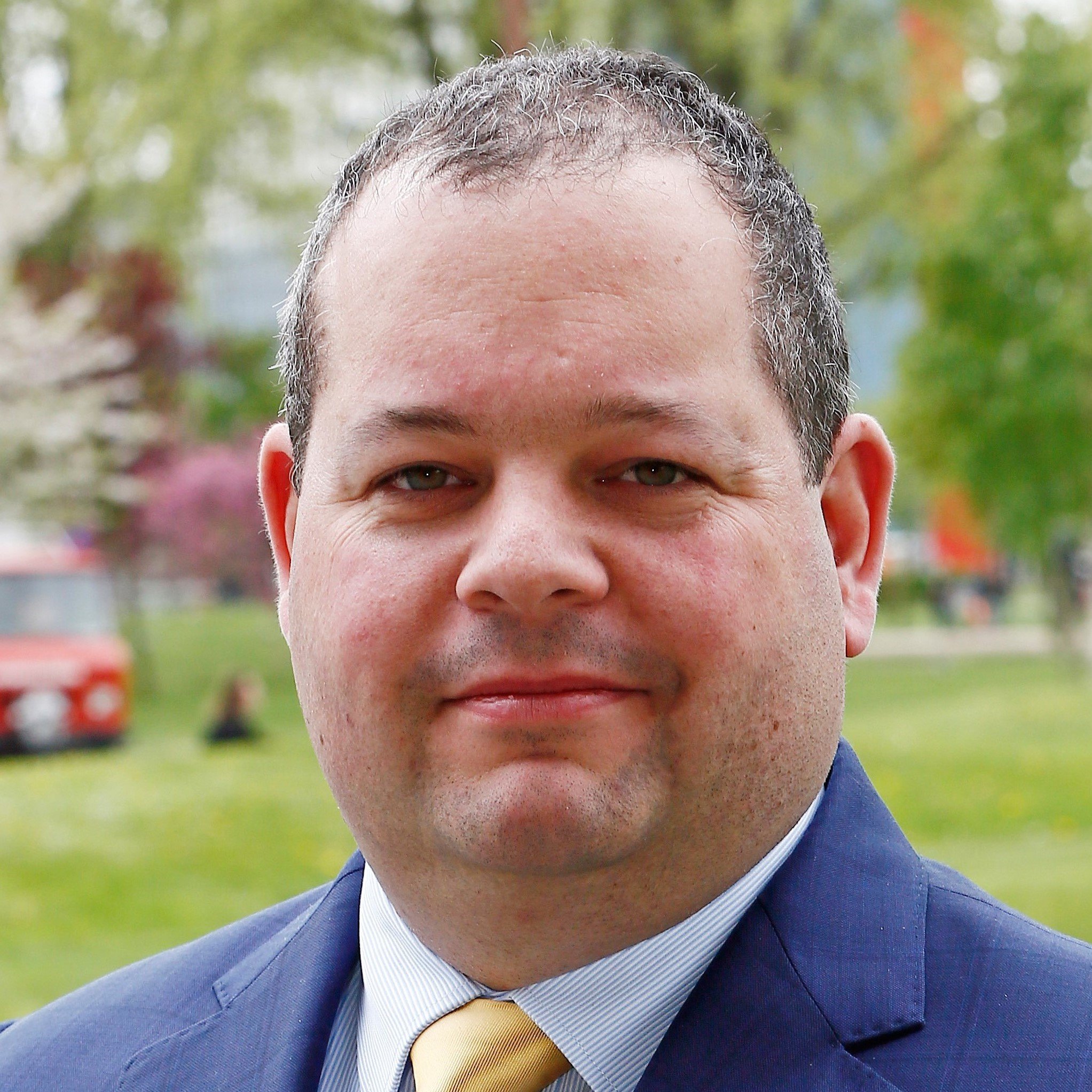Lifelong Learning set to become key part of education
The movement towards Lifelong Learning has quickly become part of the current discourse on employability and the pressing need for professionals to understand and keep abreast of developments in many fields, including those relating to societal concerns such as sustainability, energy transition and the increased digitalization of our society.
This shift toward an heightened attention to the need for and delivery of post-higher education is also happening in the Netherlands, where it meets with support at national level and is included in new policy developments as the Ministry of Education, Culture and Science increasingly wants to anchor this subject in regulations.
TU Delft is responding to this movement by giving Lifelong Learning education an important position in its long-term strategy. Currently, a TU Delft-wide working group on Lifelong Learning (LLL) focuses on the further development of education for professionals, in addition to the continued development of the online offer, which since 2013 has been the remit of the university’s Extension School for Continuing Education. This organization has in the intervening period developed from being an innovation program creating the university’s first MOOCs, to a professional organisational unit responsible for actualizing TU Delft’s LLL strategy in very close collaboration with education and science colleagues, led by a coordinator in each faculty.
Supporting further professionalisation
In a recent conversation with Morgens (an organisation that supports customers in healthcare, government and education), Evelyne Esveld, Director of TU Delft Alumni Relations and Willem van Valkenburg, Executive Director of the TU Delft Extension School and Chair of the LLL working group, spoke about their vision and the challenges they foresee.
Both recall how in the past LLL was not the university's top priority and post-academic education was organized to a large extent in a decentralized way in faculties and departments. The offer for professionals mainly consisted of distributed post-master courses and training via the internal organization TopTech, which had a commercial objective. And they reflect on how in more recent years, and in conjunction with the success and growth of the Extension School’s online portfolio that contributed to making TU Delft a front runner in online education, the university had moved to embrace LLL more widely – and is now working to further enhance the development and professionalization of LLL. This includes ensuring that its courses and programs can well-cater for the specific needs of professionals, as is detailed later.
Looking 10 years ahead to the future of LLL, Esveld and van Valkenburg envision a period of strong development. Although they equate the LLL playing field to the Wild West since so little is currently regulated, and admit that given the present uncertainties, predicting what will happen in five years would already be a challenge, they could still anticipate LLL becoming a primary part of education.
“The national and international movement towards more regulation will ensure that LLL will be much less separated from regular education and also that a less strict separation will be created between government-funded and unfunded education,” they explain. “The impact of flexibility will continue. Students will often start working immediately after their bachelor's degree and only take up a master's degree later. In the future, it will not always be necessary for students to follow an entire master's degree, but they could focus instead on a number of sub-programmes”.


Evelyne Esveld, Director TU Delft Alumni Relations and Willem van Valkenburg, Executive Director TU Delft Extension School
Supporting professionals and alumni
The Extension School addresses a global audience and by offering education online and in English, it enables millions of learners to participate: currently 25% of them come from the Netherlands and 75% are internationals. The majority are professionals who have completed an initial training and who want to deepen or retrain in one of the seven, socially relevant themes of the Extension School’s portfolio: energy transition, sustainable cities, future of transportation, quantum technology, medical technology, AI & cyber security, and skills for engineers. “About 500,000 people sign up for our MOOCs per year and we get 2,000 to 3,000 registrations for the professional courses. It's still a huge growth market and we expect MOOCs to double in revenue in the next five years”, says van Valkenburg.
Talking about TU Delft’s alumni, they of course are also part of the professional group of learners the university’s LLL courses and programs are developed for. “The Alumni Relations office is part of the LLL working group, and we also have a well-established TU Delft for Life program as a worldwide meeting place for all our alumni” explains Estveld. “As the program name suggests, we are very much on board with the concept that knowledge is not only offered during the study period, but is also available and offered by our university during the rest of the people’s working life. Through our research into learning and development requirements, we have a better understanding of the needs of alumni in the different phases of their career” she adds. “Alumni Relations and the Extension School work together to ensure supply and demand converge and that specific offers for alumni are developed by the faculties”.
LLL and regular education
“Regular education and the range offered by the Extension School differ from each other, but at the same time increasingly reinforce one another”, comments van Valkenburg. “LLL online education for example is more of an applied nature and does not start with three weeks of theory. Another big difference is with regards to testing or exams. These often take the form of questions or continuous assessment, or, in the case of a more extensive course, can be the writing of a plan or paper that can also be directly applied within the learner’s own organization” he explains. “After completion of one of the online professional courses or programs, TU Delft issues its own digital certificate – and even for this aspect we are busy with further professionalization as we are presently involved in national and international projects for the development of micro and digital credentials”, he adds.
At the same time, one of the goals is that LLL developed by the Extension School has an impact on both physical and online education through new insights into teaching and learning, in addition to its online courses and resources being used on campus, both at TU Delft and by other institutions around the world.
“Furthermore,” van Valkenburg elaborates, “in the Netherlands the Extension School is taking steps to develop education at our partner universities Erasmus and Leiden as part of an LDE initiative, and in Europe we are doing this with universities such as Imperial College London, ETH Zurich and RWTH Aachen within the IDEA League context”.
Collaborating with the business community
The Extension School's offerings are designed from scratch; they come bottom up from the faculties and are developed together by the lecturers and the Extension School’s learning developers. The basis often lies in an existing subject or study program, from which professional-oriented learning objectives are determined. “A number of factors determine the business case of new educational offerings and they must also complement the aforementioned seven portfolio themes as well as being competitive with other international offerings on the market” van Valkenburg explains.
“Often companies are involved in both the development and implementation of our offering. This can be a participation as a guest lecturer, or with a critical test to ensure that the content of a course is relevant to practice. Collaborations can arise from an existing research partnership with a faculty, or when companies provide a theme that is then further developed into educational offerings, such as in the case of a course created together with Royal Haskoning/DHV based on research in the field of wastewater treatment technology.”
“At times we can extend an existing course to fill a company-specific requirement, so for example we have extended the duration of a standard four-week course by a fifth week. A firm tenet of our education is that it is learner-centred and the ability to work with external partners and provide education that really meets market and company needs is clearly also rather key. We are then pleased to be seeing a steady increase in group registrations from companies” he adds.
“A good example of how socially relevant our contribution to LLL is in connection to one of our portfolio themes is the Energy Switch Zuid-Holland initiative. Within this project we will lead a regional consortium of partners from the business community and the entire education sector with the goal to better match supply and demand in energy transition training. The development of education on this theme is necessary at all levels, so that what we devise together within this forum can also be developed into education at The Hague University of Applied Sciences or at a ‘regional education centre’ (ed. ROC for vocational training)”, conclude van Valkenburg.
More information
For more information on our LLL education offer, visit the Extension School’s portfolio themes page or access the full catalogue of online courses and programs.
Visit the website to find out about collaboration opportunities, or contact extension-school@tudelft.nl
Visit the Morgens’ news pages for the full, original interview text – in Dutch.